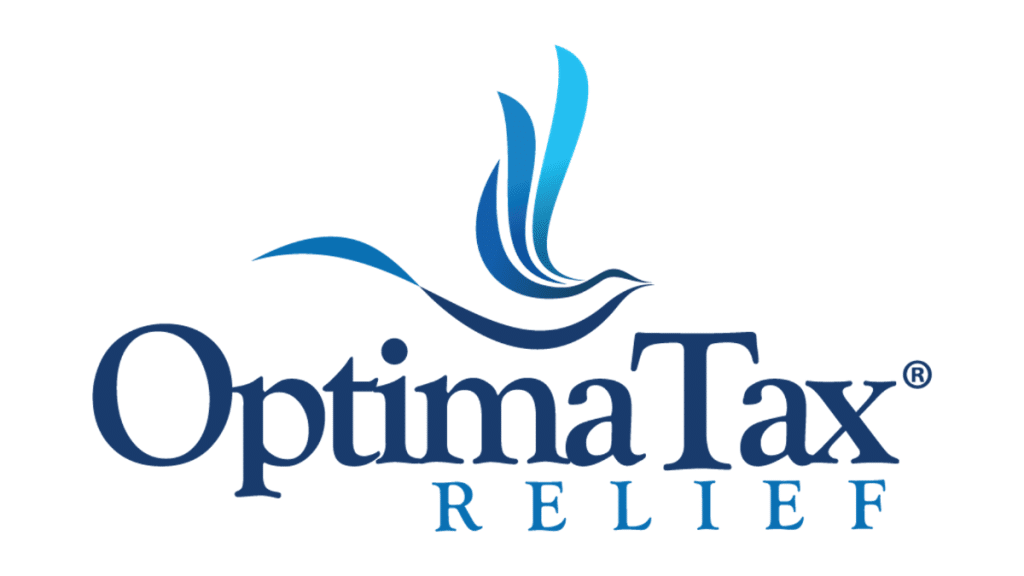The Premium Tax Credit (PTC) is a refundable tax credit aimed at assisting eligible individuals and families in affording health insurance coverage obtained through the Health Insurance Marketplace. Optima Tax Relief reviews some commonly asked questions about the Premium Tax Credit and how it works.
What is the Premium Tax Credit (PTC)?
The Premium Tax Credit is a subsidy offered by the federal government to help lower the cost of health insurance premiums for individuals and families who purchase coverage through the Health Insurance Marketplace. The credit is intended to make health insurance more affordable, especially for low- to moderate-income households.
How does the Premium Tax Credit work?
The PTC can be applied in two ways. You can choose to have the credit paid directly to your insurance provider to lower your monthly premiums throughout the year. This is called the Advance Premium Tax Credit (APTC). Alternatively, you can wait to claim the entire credit when you file your tax return, which will either reduce your tax liability or increase your refund. The amount of the credit is based on your estimated income and household size for the year, as well as the cost of health insurance in your area.
Who is eligible for the Premium Tax Credit?
To qualify for the Premium Tax Credit, you must meet the following criteria:
- You must purchase health insurance through the Health Insurance Marketplace.
- Your household income must be at least 100% but not more than 400% of the federal poverty level (FPL). However, due to recent changes under the American Rescue Plan and the Inflation Reduction Act, many individuals above 400% FPL may still qualify for reduced premiums.
- You must not be eligible for affordable health insurance coverage through an employer or government program (like Medicaid or Medicare).
- You must file a joint tax return if you’re married, with some exceptions for individuals who are victims of domestic abuse or spousal abandonment.
- You cannot be claimed as a dependent by another taxpayer.
What happens if my income or household size changes during the year?
Changes in your income or family circumstances can affect the amount of Premium Tax Credit you’re entitled to. If your income is higher or lower than what you estimated when you applied for insurance, you may need to adjust your PTC to avoid having to repay excess amounts when filing your tax return.
Common changes that should be reported to the Health Insurance Marketplace include:
- An increase or decrease in income
- Changes in family size (e.g., marriage, divorce, birth of a child)
- A change in employment status or eligibility for employer-sponsored health insurance
- A move to a different area where insurance costs may differ
It’s essential to update your Marketplace application promptly to avoid owing money or receiving too little credit.
What happens if I receive too much Premium Tax Credit?
If you receive more advance payments than you are eligible for based on your actual income, you will have to repay some or all of the excess when you file your tax return. This is known as PTC reconciliation, which takes place when you file Form 8962, Premium Tax Credit, with your tax return. There are repayment caps based on your household income, which limit how much excess credit you may need to repay. However, households with incomes over 400% of the federal poverty level will have to repay the full excess amount.
Can I still qualify for the Premium Tax Credit if my income is too low?
In some cases, households with incomes below 100% of the federal poverty level may not qualify for the Premium Tax Credit. However, there are exceptions if you are lawfully present in the U.S. and not eligible for Medicaid based on your immigration status. In these instances, you may still qualify for the Premium Tax Credit even with a lower income.
What if I don’t file a tax return?
Filing a tax return is required to claim the Premium Tax Credit. If you received the Advance Premium Tax Credit, you must file a tax return using Form 8962, even if your income is below the threshold for filing. Failure to file a tax return and reconcile your APTC could result in losing your eligibility for future APTC benefits.
How do I calculate the Premium Tax Credit?
The amount of the PTC is based on the cost of a benchmark plan in your area, usually the second-lowest cost Silver plan. It’s also based on how much of your household income you are expected to contribute toward the cost of your health insurance premiums. The contribution percentage is based on your income in relation to the federal poverty level and is designed to ensure that no household pays an excessive share of its income on health insurance.
Conclusion
The Premium Tax Credit is a valuable tool for making health insurance more affordable for individuals and families with moderate to low incomes. By understanding how the credit works, who qualifies, and what to do if your circumstances change, you can ensure that you receive the correct amount of credit throughout the year. It’s important to stay proactive by reporting any changes in income or family size to the Health Insurance Marketplace and to reconcile your credit properly when filing taxes. With the right knowledge and attention to detail, you can make the most of the Premium Tax Credit and avoid unexpected financial surprises at tax time.
